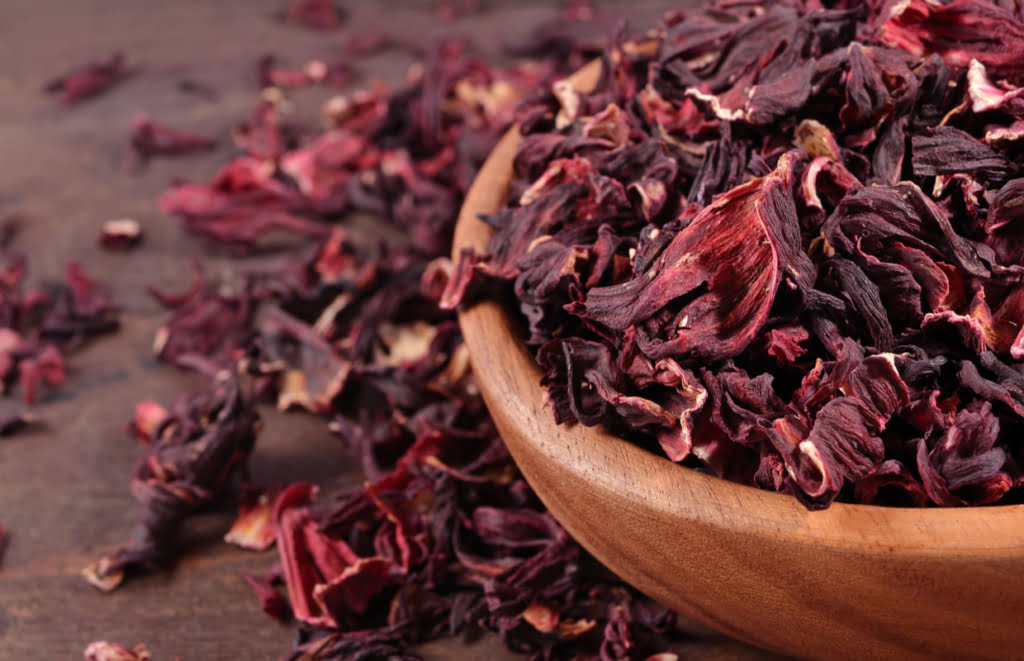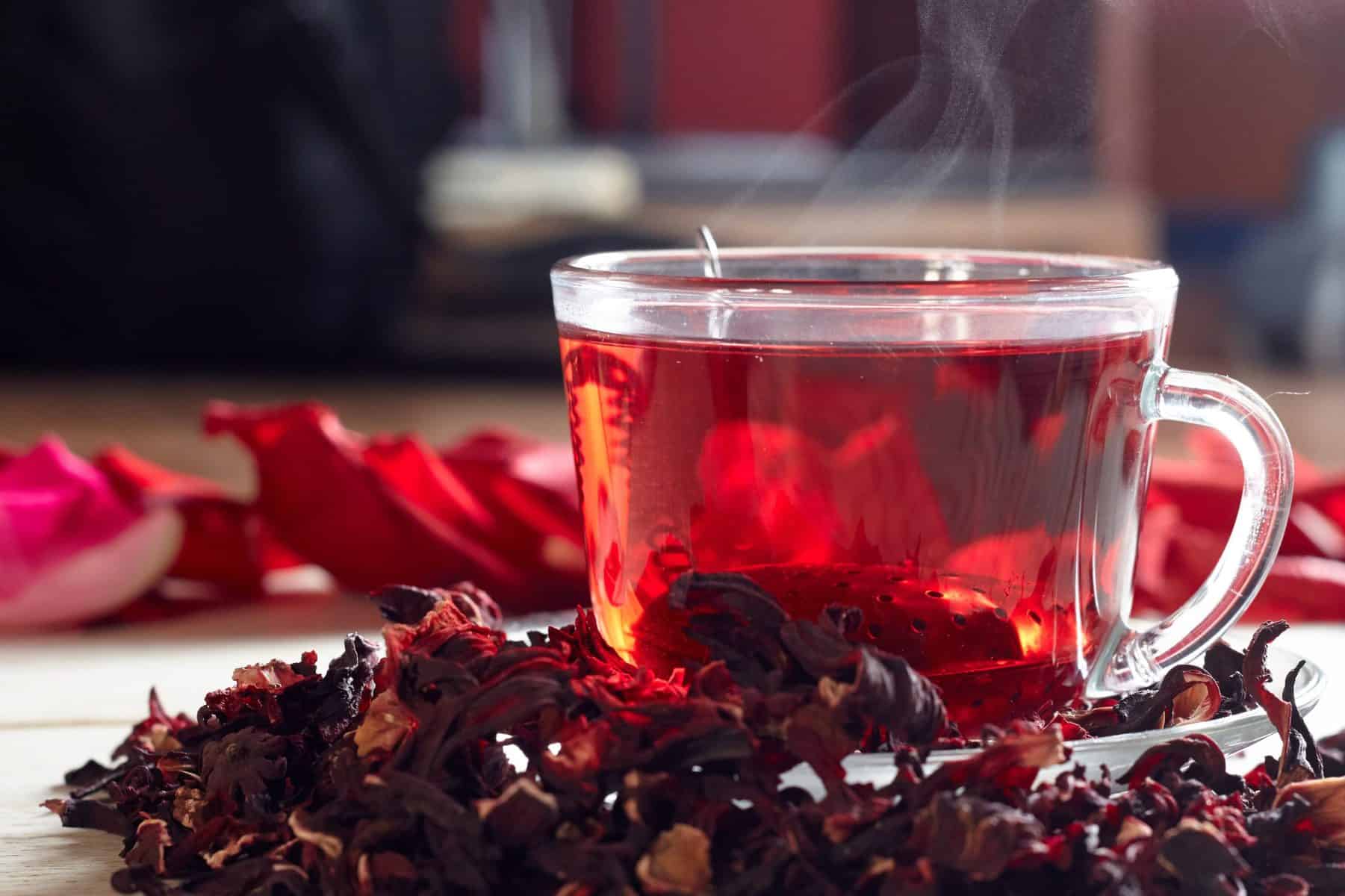Dried hibiscus flower, known as “zobo” in Nigeria, plays a significant role in the nation’s agro-commodity sector. This vibrant flower, primarily from the species Hibiscus sabdariffa, is not only a staple in traditional beverages but also a valuable export commodity. Its unique properties and numerous health benefits have spurred growing demand both domestically and internationally. This article explores the economic, agricultural, and health aspects of dried hibiscus flower, shedding light on its components and the integral role it plays in Nigeria’s agro-economy.
Economic Importance
Domestic Market
In Nigeria, the dried hibiscus flower market thrives due to the widespread consumption of zobo, a popular local drink made from the flower’s calyx. The beverage is cherished for its refreshing taste and nutritional benefits. Entrepreneurs and small-scale businesses across the country engage in the production and sale of zobo, creating numerous job opportunities and contributing to the local economy.
International Trade
On the global stage, Nigeria is one of the leading exporters of dried hibiscus flowers. Major importers include countries in Europe, North America, and Asia, where the demand for natural and organic products is on the rise. According to recent trade data, Nigeria exports thousands of metric tons of dried hibiscus annually, generating significant foreign exchange revenue. The flower’s versatility in food, beverages, pharmaceuticals, and cosmetics makes it a valuable commodity.
Agricultural Practices
Cultivation
Hibiscus sabdariffa is predominantly cultivated in the northern regions of Nigeria, particularly in states like Kano, Kaduna, and Jigawa. The plant thrives in the tropical climate and well-drained soils characteristic of these areas. Farmers often adopt traditional farming methods, although there is a gradual shift towards modern agricultural practices to enhance yield and quality.
Harvesting and Processing
The harvesting of hibiscus flowers typically occurs 4-6 months after planting. The calyces, which are the main part used for various purposes, are manually separated from the seed pods and then dried. The drying process is crucial as it determines the quality and shelf-life of the final product. Sun drying is the most common method, although mechanized drying is gaining traction to meet international standards.
Challenges
Despite its potential, the hibiscus farming sector faces challenges such as inconsistent quality, lack of access to modern farming techniques, and inadequate infrastructure for processing and storage. Addressing these issues through government support and investment can significantly boost productivity and profitability.
Components of Dried Hibiscus Flower
Nutritional Profile
Dried hibiscus flowers are rich in nutrients and bioactive compounds, making them highly beneficial for health. Key components include:
- Vitamins and Minerals: The flowers are an excellent source of vitamins A, C, and various B vitamins, along with minerals like calcium, iron, and magnesium.
- Antioxidants: They contain high levels of antioxidants, particularly anthocyanins, which give the flowers their deep red color and help combat oxidative stress.
- Dietary Fiber: The fiber content aids digestion and promotes gut health.
Phytochemicals
Hibiscus flowers are renowned for their diverse phytochemical composition. Some of the most notable include:
- Organic Acids: Citric, malic, and tartaric acids contribute to the tart flavor of hibiscus and offer various health benefits, including improved digestion and metabolic function.
- Flavonoids: These compounds, including quercetin and kaempferol, have anti-inflammatory and cardioprotective properties.
- Polysaccharides: These complex carbohydrates support immune function and have prebiotic effects.
Medicinal Properties
The rich array of bioactive compounds in dried hibiscus flowers underpins their medicinal value. Research has highlighted several health benefits:
- Cardiovascular Health: Hibiscus tea is known to lower blood pressure and cholesterol levels, reducing the risk of heart disease.
- Antimicrobial Activity: Extracts from hibiscus flowers have been shown to possess antimicrobial properties, effective against a range of bacteria and fungi.
- Anti-Inflammatory Effects: The flower’s compounds can help reduce inflammation, making it useful in managing conditions like arthritis.
Market Dynamics
Supply Chain
The supply chain for dried hibiscus flowers in Nigeria involves several stages, from cultivation and harvesting to processing and export. Smallholder farmers are the primary producers, often organized into cooperatives to enhance their bargaining power and access to markets. Middlemen and traders play a critical role in aggregating the produce and facilitating its movement to processing centers and export hubs.
Quality Control
Ensuring high-quality standards is essential for maintaining the competitiveness of Nigerian hibiscus in international markets. Quality control measures include proper drying techniques, moisture content regulation, and adherence to phytosanitary standards to prevent contamination. Certification schemes and quality assurance protocols are increasingly being adopted to meet the stringent requirements of global buyers.

Pricing and Market Trends
The price of dried hibiscus flowers can fluctuate based on several factors, including harvest yields, global demand, and market competition. Recent trends indicate a growing preference for organic and sustainably sourced products, which can command premium prices. Additionally, innovations in product development, such as hibiscus-based health supplements and skincare products, are expanding the market.
Socio-Economic Impact
Rural Development
The hibiscus flower industry has a profound impact on rural communities in Nigeria. It provides a vital source of income for thousands of smallholder farmers and their families. The seasonal nature of hibiscus farming aligns well with other agricultural activities, allowing farmers to diversify their income streams.
Women’s Empowerment
Women play a significant role in the cultivation and processing of hibiscus flowers. Engaging in this sector empowers women economically and enhances their status within the community. Various initiatives and programs aim to support female farmers through training, access to credit, and market linkages.
Environmental Sustainability
Hibiscus cultivation is generally considered environmentally sustainable. The plant requires relatively low inputs of water and agrochemicals compared to other cash crops. Additionally, it can be integrated into crop rotation systems, helping to maintain soil fertility and reduce pest pressure.
Future Prospects
Research and Development
Ongoing research into the genetic improvement of Hibiscus sabdariffa, coupled with advances in agricultural practices, holds promise for increasing yields and enhancing the quality of dried hibiscus flowers. Biotechnology and breeding programs can develop varieties with better resistance to pests and diseases, as well as improved nutritional profiles.
Value Addition
Value addition through processing and product diversification is a key strategy for maximizing the economic potential of hibiscus flowers. Beyond traditional beverages, there is growing interest in developing hibiscus-based products such as teas, syrups, jams, and dietary supplements. These products cater to health-conscious consumers and open new revenue streams.
Policy Support
Government policies and support mechanisms are crucial for the sustained growth of the hibiscus industry. Initiatives aimed at improving infrastructure, providing access to finance, and facilitating market access can significantly enhance the sector’s productivity and profitability. Public-private partnerships and collaborations with international organizations can further bolster development efforts.
Conclusion
Dried hibiscus flower stands out as a valuable agro-commodity in Nigeria, contributing significantly to the economy and providing numerous health benefits. Its rich nutritional and phytochemical composition underpins its medicinal properties, making it a sought-after product in both local and international markets. Despite challenges, the future prospects for the hibiscus industry are promising, driven by research, value addition, and supportive policies. As Nigeria continues to harness the potential of this vibrant flower, it can strengthen its position in the global agro-commodity landscape and improve the livelihoods of millions of its citizens.
Ajigofarms is a reliable global agricultural purchase sourcing with profound expertise in the manufacturing, and exportation of food crops. We are tested, and trusted suppliers of all kinds of cash crops and food crops. Our constant supply chain solution makes exporting easy, quick, and safe, we are identified with timeliness and meeting up with deadlines. Regardless of the region you are located in worldwide, you can reliably order your Agric products and be rest assured of successful delivery.




